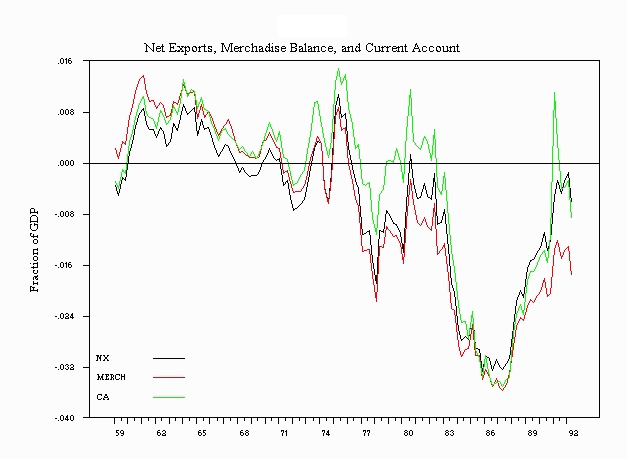How Foreign Currency Affects International Investments
Post on: 16 Март, 2015 No Comment

How Currencies Affect Your International Investments
You can opt-out at any time.
Please refer to our privacy policy for contact information.
International investing differs from investing in your home market in many ways, but perhaps the biggest difference is the impact of currency fluctuations.
When an American investor buys shares of a U.S. company, or a Japanese investor buys shares in Tokyo, the key variable is the change in stock price. If the stock price goes up 10%, the value of the investment is up 10%.
But that’s not necessarily the case in international markets. To understand why, let’s take a look at a hypothetical example. To keep things simple, we will also ignore dividends as well as brokerage commissions or other transaction costs.
Let’s say you’re interested in investing in a (fictitious) Japanese company called Tokyo Toys. According to your research, the company has a new electronic gizmo coming out that will likely be a “must have” toy in the coming holiday season. Shares of Tokyo Toys currently trade at 5,000 yen. The current exchange rate is 100 yen per dollar.
To find out how much a share of Tokyo Toys is worth in U.S. dollars, we simply divide the price in local currency (5,000 yen) by the exchange rate (100 yen). A share of Tokyo Toys therefore costs $50. You call your broker and place an order for 100 shares – a total investment of $5,000.
Now let’s fast forward six months. Great news: your research turned out to be right on the money. The company’s gizmo was a huge hit at Christmas, and shares of Tokyo Toys have risen 20% to 6,000 yen. You figure that you’ve made a $1,000 return on your investment. You decide to lock in your profit and advise your broker to sell.
But when you open up your next brokerage account statement, it still shows $5,000. What happened to the 20% gain? You call your broker again to ask for clarification.
Now the bad news. While shares of Tokyo Toys rose 20%, the value of the Japanese yen was also changing during the six month period. By the time your broker sold the shares, the prevailing exchange rate was 120 yen per dollar. Divide 6,000 yen by 120 yen per dollar and you get $50 – right back where you started.
For a Japanese investor, however, Tokyo toys was a great investment. That’s because they don’t need to convert their yen back into dollars.
But if you want your money back in dollars, Tokyo Toys was a bad investment. Adjusted for the currency change, your investment went nowhere. Factor in transaction costs and commissions, and you probably would have lost money, even though your basic investment instinct and research was right.
By the same token, the currency effect makes it possible to make money when your research is wrong. How?
Using the same example, let’s say your research was way off the mark. Tokyo Toys’ new gizmo was a complete flop. Over the next six months, shares of the company fell to 4,500 yen, a 10% decline.
But at the same time, the yen became stronger versus the dollar. Say the exchange rate after six months was 80 per dollar. Divide 4,500 by 80 and you get $56.25. In this case, your initial investment of $50 rose 12.5%, despite the fact that your research about the company’s new gizmo was completely wrong!
Always remember: whenever you buy shares of a foreign stock, you’re actually making two investment decisions. You’re betting on both the performance of the company itself and the currency.
The ideal scenario is being right about both: the stock price goes up and you get an extra benefit from a strengthening of the currency. The worst case: the stock goes down and the currency loses value relative to the dollar. In other cases, the results will be mixed. No matter what, you can’t afford to ignore the currency effect.














